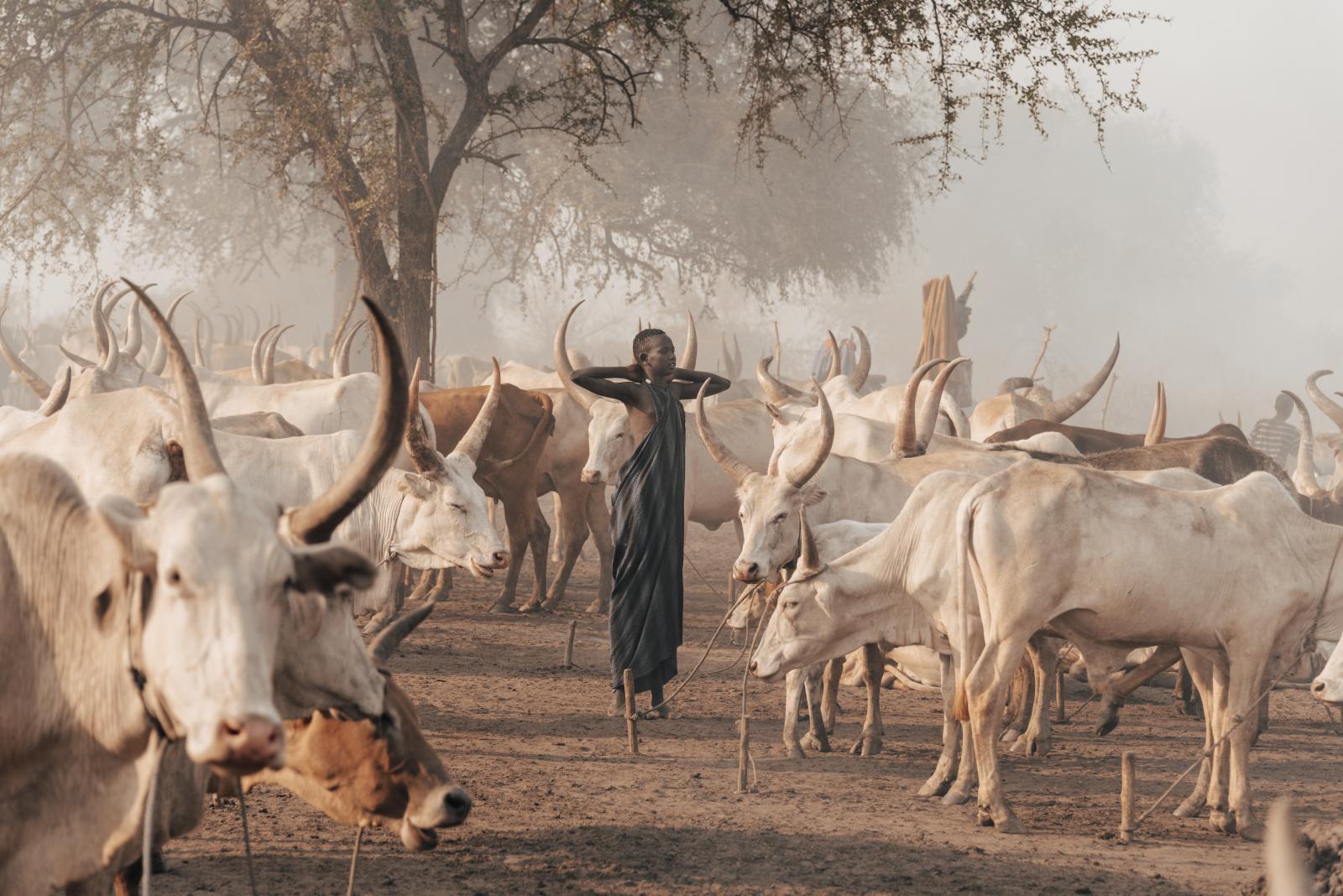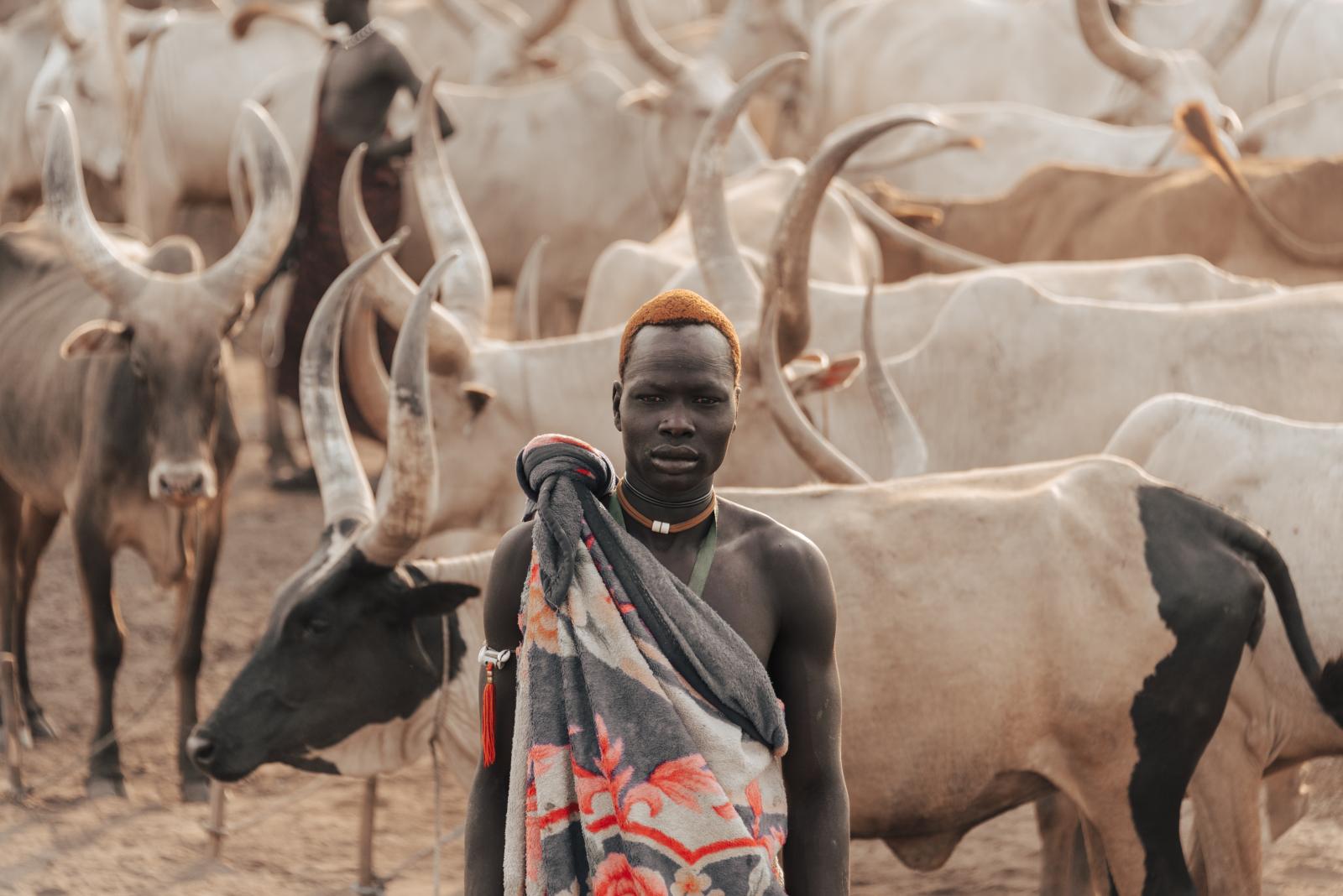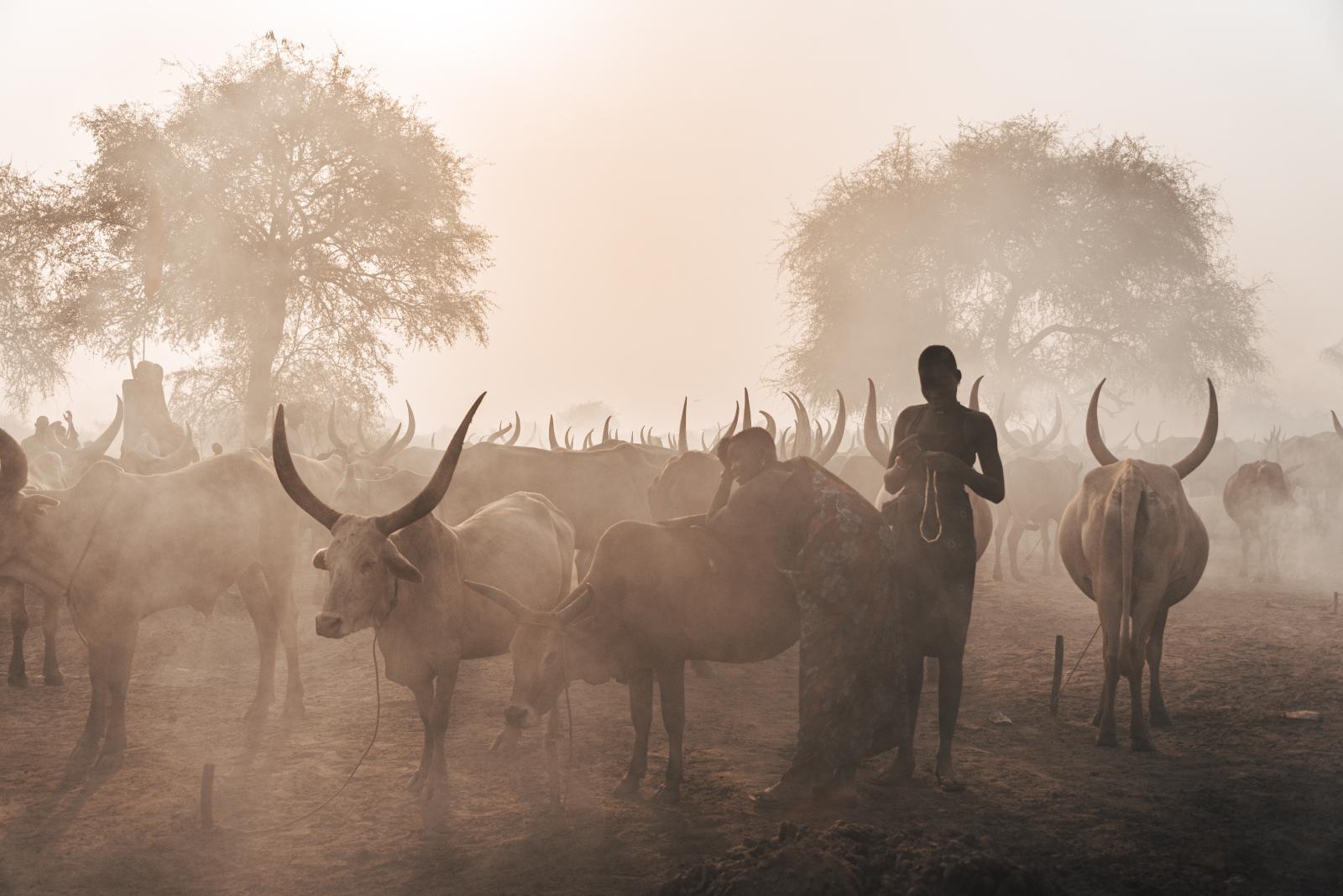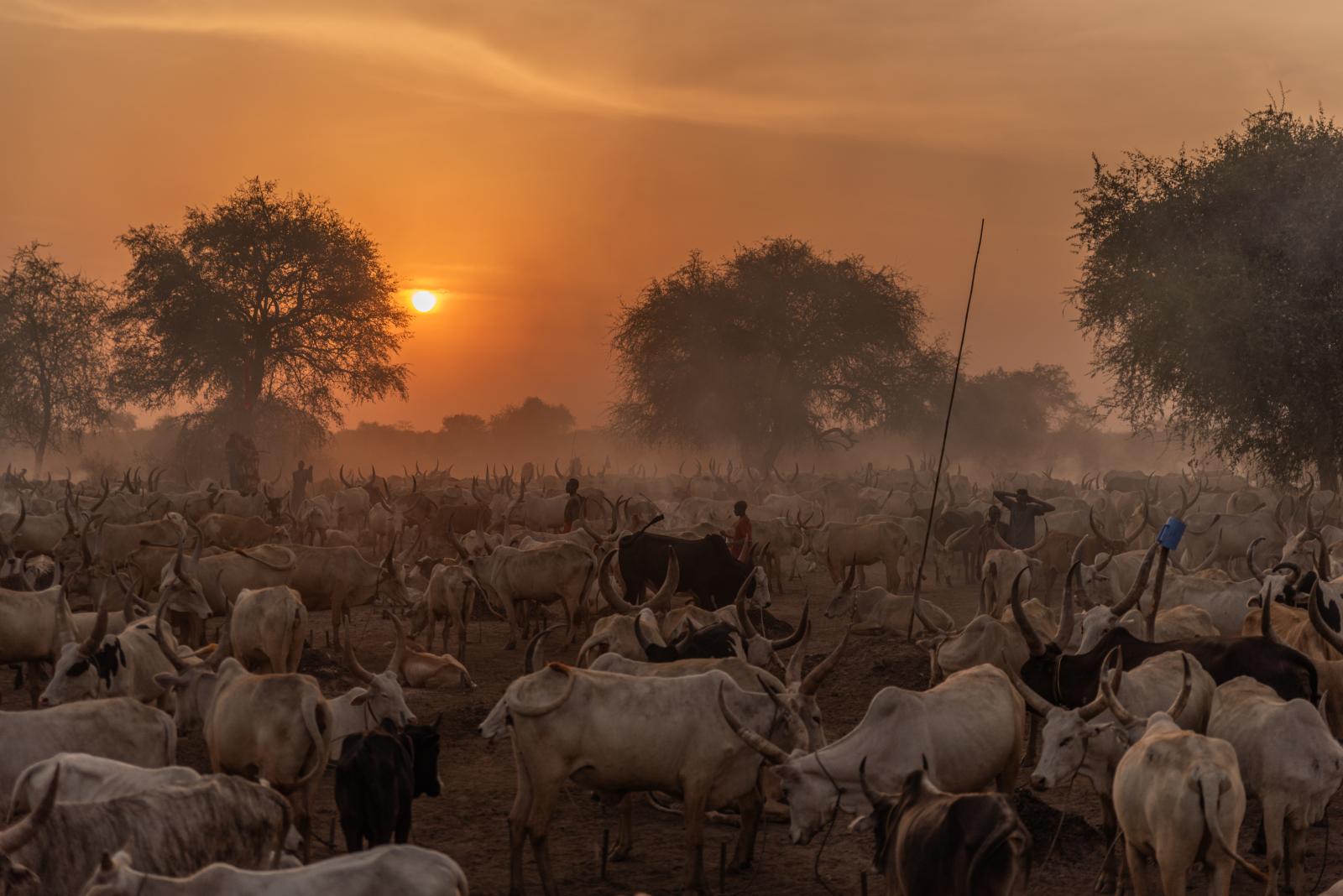Public Project
"Eco-Warriors of the Grasslands: The Sustainable Lifestyle of the Mundari Tribe"
Summary
The Mundari tribe in the Republic of South Sudan practices a sustainable way of life, even amidst the challenges of civil war and tribal conflicts.With a strong bond to nature and their Ankole-Watusi cattle, the Mundari offer a profound lesson in coexistence.
Despite challenges, their ancient relationship with the environment and animals remains intact, inspiring us to appreciate harmony with nature and interconnectedness with all living beings. The photographer aims to raise awareness of this remarkable culture before it fades away due to modernity.
Despite challenges, their ancient relationship with the environment and animals remains intact, inspiring us to appreciate harmony with nature and interconnectedness with all living beings. The photographer aims to raise awareness of this remarkable culture before it fades away due to modernity.
South Sudan, born in 2011 as the world's youngest country, has endured its share of challenges, with civil war and violence leaving scars on the nation. Over two million people have been displaced, and tens of thousands have lost their lives. Amidst this turmoil, the Mundari tribe stands as a beacon of resilience, embracing a lifestyle that emphasises harmony with their environment and respect for other species.Numbering between 70,000 and 100,000, for the Mundari tribe their relationship with the Ankole-Watusi cattle is central to their culture. These bovines are revered not just as a source of food but as walking larders, pharmacies, dowries, and even friends. The cattle play a central role in sustaining not only the people but an entire way of life.The Mundari people have long understood the value of their cattle, and every aspect of their existence revolves around the well-being of their precious herds. Their diet mainly consists of milk and yogurt, while cow urine serves as an antiseptic and also colors their hair orange - a unique aesthetic choice.Even the cattle's waste is not wasted, as dung is utilized as fuel, antiseptic, and sunscreen by the herdsmen, protecting them from the sweltering 115-degree heat. The relationship between the Mundari and their cattle is profound; they sleep among their cattle, guarding them at the point of a gun, and their days are spent tending to and protecting these animals upon which their lives depend.The post-war period has brought its own challenges, with cattle raids and landmines posing threats to the Mundari's way of life. But even amidst these challenges, their profound connection to the environment and animals has remained intact. They have learned to adapt to their circumstances and use resources wisely, creating a model of sustainable living.At the close of the day, as dusk descends and the dried dung fires are lit, a magical scene unfolds. The cattle return as if called home, guided by an unspoken understanding with the Mundari people. This ancient relationship between humans and animals is a testament to the beauty of coexistence.In a world where convenience and waste are pervasive, the Mundari tribe teaches us valuable lessons about living in harmony with our environment and appreciating the interconnectedness of all living beings.Through my photographs and documentation of the Mundari tribe's way of life, I aim to bring attention to their remarkable culture and traditions before they fade away in the face of modernity. The Mundari have shown us that a harmonious existence with nature is not only possible but crucial for the survival of our planet.
4,103
















